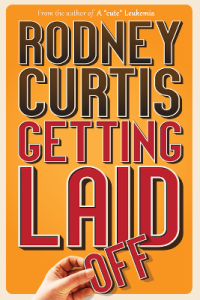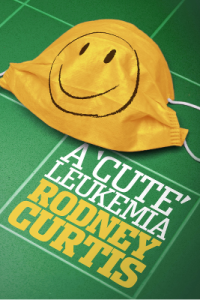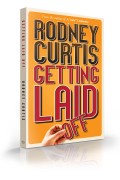I think I have failed you, dear reader. And for that, I apologize. In my “best of” movie list for 2014, I left out a film I hadn’t seen yet. Granted, it was released in a very limited run — later in the year and didn’t really hit the DVD/rental market until a few months into this new year — but still, I could’ve done better.
If you haven’t guessed by the title of this blog, I’m referring, of course, to The Lego Movie. No, just kidding. Though I did wait until 2015 to see that particular film, I encourage you to go rent Hector and the Search for Happiness.
The plot line is pretty easy to follow. A London psychiatrist, played by the normally quirky British actor Simon Pegg (Shaun of the Dean, Run Fatboy Run) counsels patients in his successful practice, but doesn’t truly know what it means to be happy. Even though he has a lovely girlfriend (played by Gone Girl’s Rosamund Pike), a fabulous home and lives in an amazing city, Hector just isn’t feeling — well — happy.
So instead of taking antidepressants or just suffering in quiet desperation, he makes the unlikely choice of abandoning his normal life indefinitely and flying around the world, researching what makes people happy. His plan is to but it in a book so it might help others.
Do your best to ignore the fetid 35% score from the Rotten Tomatoes movie review website. I normally think “Tomatoes” is a pretty good indicator of a film’s worth. Even though they take an aggregate score of all the movie reviewers out there — in this particular case — all the movie reviewers out there are wrong.
I dare you to watch this movie and not feel good about yourself afterward. My wife and I felt great after watching it. We even had a conversation as the credits were rolling about the times in our own lives when we were happy. A movie that stimulates thought and discussion is worth far more than a lousy 35%. But wait, the audience score on that same website almost doubles to a modest 60% of viewers enjoying the movie.
Aha! Maybe the journalists writing the reviews aren’t happy! Maybe their own narratives of a collapsing industry keep them from feeling truly fulfilled. I should know, right? Been there, done that.
The movie, a comedy/drama, is based on a novel by the same name. Written by Francois Lelord, the professional book reviews are equally as bad as the films. Publishers Weekly writes, “it is far less a novel than a maudlin self-help guide that substitutes pat aphorisms for development.”
I think the same issues plaguing the movie reviewers were badgering the folks over at Publisher’s Weekly. Yes, they too have been experiencing the travails facing all journalists; their company being bought and sold, job losses, etc.
A while back, The New York Times wrote, “Like the industry it covers, Publishers Weekly has suffered from a downturn in the retail economy.”
And like with Rotten Tomatoes, actual real-life readers of the novel gave the book far more gracious scores. Amazon customer reviewers gave it pretty close to four out of five stars.
It’s important to note here that I may wrong. I know, I know, that’s not possible, right?! My hypothesis, though, is that if there’s such a discrepancy between professional reviewers of the book/film and the readers/audience, then something must be amiss somewhere. Maybe it’s not the collapsing industry surrounding journalists that’s keeping them from being happy. But maybe it is.
Hector is a wonderful, fun, full-spirited movie with enough to keep you watching and great little twists that you rarely see coming. Plus — and I can’t stress this enough — the cinematography is absolutely lovely.
My assessment that journalists may be too jaded to appreciate this movie falls flat on its face, though, when I read the following review. The Chicago Sun-Times has experienced some of the worst of what journalism has been dealing with and yet, their reviewer, Bill Zwecker, had this to say about the movie. “This film is a winner. It will not only entertain you, but also make you think about what it takes to bring happiness into your own life.”
I’m sorry that I left Hector and the Search for Happiness off My Favorite Films of 2014 list. My excuse is I don’t get paid to do this; I just love movies and love sharing my thoughts about them. It’s part of what makes me happy, and has for years.
But shhhh, don’t tell anyone. I’m going to sneak down a few blogs below and surreptitiously add this movie onto my list somewhere, in case future readers stumble through Google, looking for a good weekend rental.
We all make mistakes. Hector sure did. But it makes me happy that I can correct this minor one.






